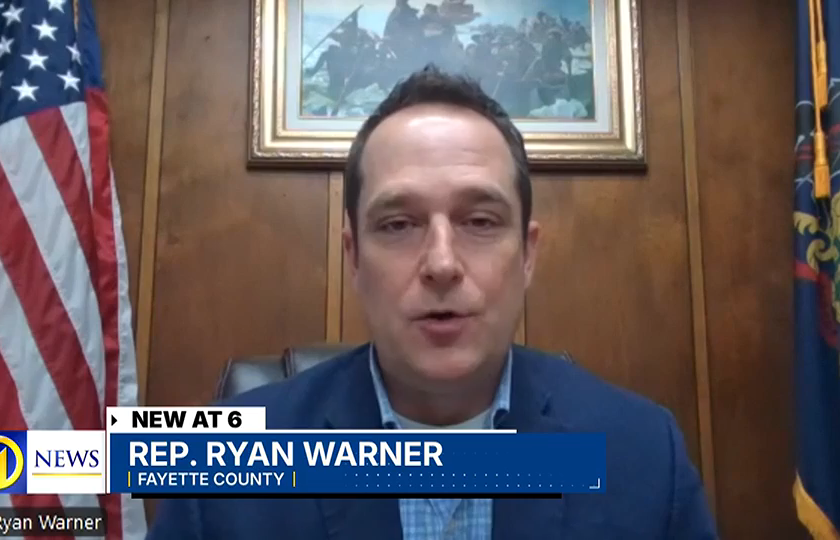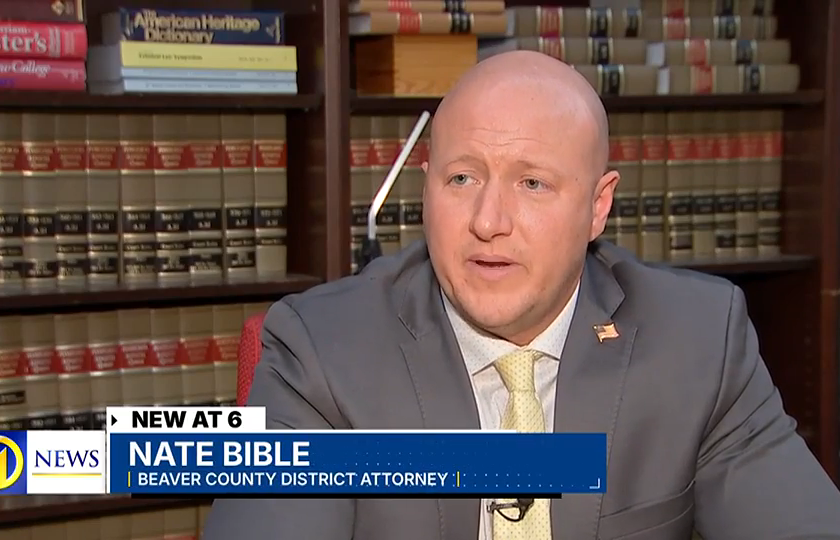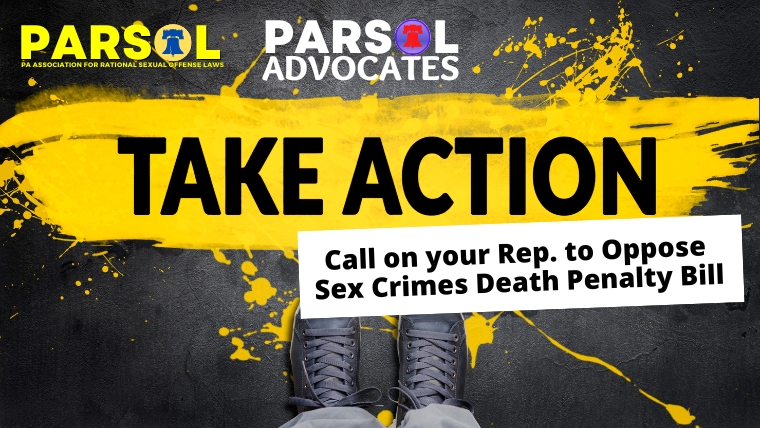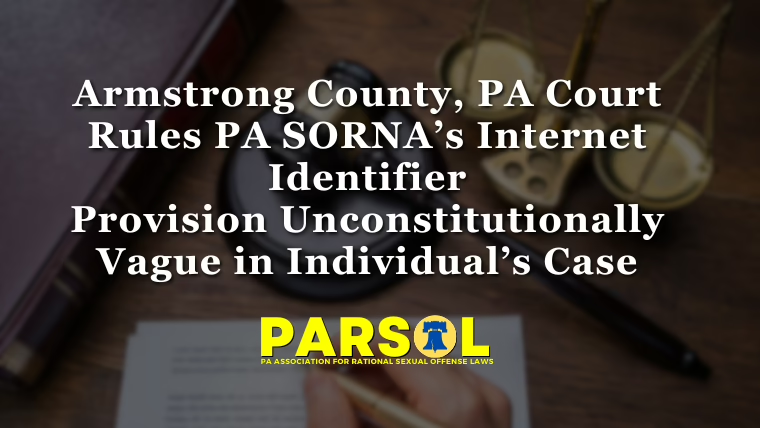Harrisburg, PA – 12/11/24—The Pennsylvania Association for Rational Sexual Offense Laws (PARSOL) strongly opposes the proposal by Fayette County State Representative Ryan Warner to introduce legislation permitting the death penalty for individuals convicted of child sexual abuse. While protecting children is a paramount concern, this measure raises profound ethical and legal issues that cannot be ignored.
PA RESIDENTS: Click Here to Send a Message to your
State Representative to Oppose this Bill

Ethical Concerns
- Risk of Wrongful Convictions: The criminal justice system is not infallible. Numerous cases have demonstrated that innocent individuals can be wrongly convicted, particularly in emotionally charged cases like sexual offenses. The irreversible nature of the death penalty means that one mistake could lead to an unjust execution.
- Potential Harm to Victims: Studies have shown that harsher penalties can discourage victims, especially children, from coming forward if the perpetrator is a family member or someone they know. Victims may fear that reporting the crime could lead to an extreme punishment, further complicating their trauma.
- Moral Concerns About State-Sanctioned Killing: The death penalty, in any context, raises significant ethical questions about whether the state should have the power to take a life. This proposal risks perpetuating a cycle of violence rather than fostering rehabilitation and healing.
Legal Concerns
- Conflict with Supreme Court Precedent: In Kennedy v. Louisiana (2008), the U.S. Supreme Court ruled that the death penalty is unconstitutional for crimes where the victim does not die, except in cases of treason or crimes against the state. Representative Warner’s proposal would directly conflict with this binding legal precedent.
- Disproportionate Punishment: The Eighth Amendment prohibits cruel and unusual punishment. Applying the death penalty to non-homicidal crimes such as child rape risks violating this constitutional safeguard due to the principle of proportionality.
- Exacerbating Racial and Economic Inequities: Research consistently shows that the application of the death penalty is marred by racial and economic disparities. Wealthier individuals are more likely to afford competent defense attorneys, while marginalized groups are disproportionately affected by capital punishment.

Additional Concerns Raised by Experts
Beaver County District Attorney Nate Bible highlighted a critical question: “One question the legislature would need to ask itself if you make the penalty for a child rapist death is: ‘What incentive do they have not to kill their victim?’” This concern underscores the potential unintended consequences of the proposed legislation, as it could create a dangerous incentive to silence victims permanently.
A Better Way Forward
PARSOL advocates for evidence-based approaches to address sexual offenses and protect children. This includes:
- Expanding prevention programs and education to reduce the incidence of sexual abuse.
- Enhancing support and resources for survivors to help them heal and rebuild their lives.
- Ensuring fair and proportionate sentencing that holds offenders accountable while allowing for rehabilitation where appropriate.
The protection of children is a shared priority for all Pennsylvanians. However, enacting legislation that defies constitutional limits, ethical principles, and practical realities is not the answer. PARSOL urges lawmakers to reject this proposal and focus on solutions that uphold justice and human dignity.
###





![stuckIn1995_rally_header - PARSOL - Pennsylvania Assoc for Rational Sex Offense Laws (PA Megan's Law Resources) PARSOL Board Chair Josiah Krammes speaks at the PA Capitol Rotunda flanked by State Reps. Emily Kinkead and Tim Briggs (28 Oct 2025) [John Dawe/PARSOL]](https://parsol.org/wp-content/uploads/2025/10/stuckIn1995_rally_header.avif)